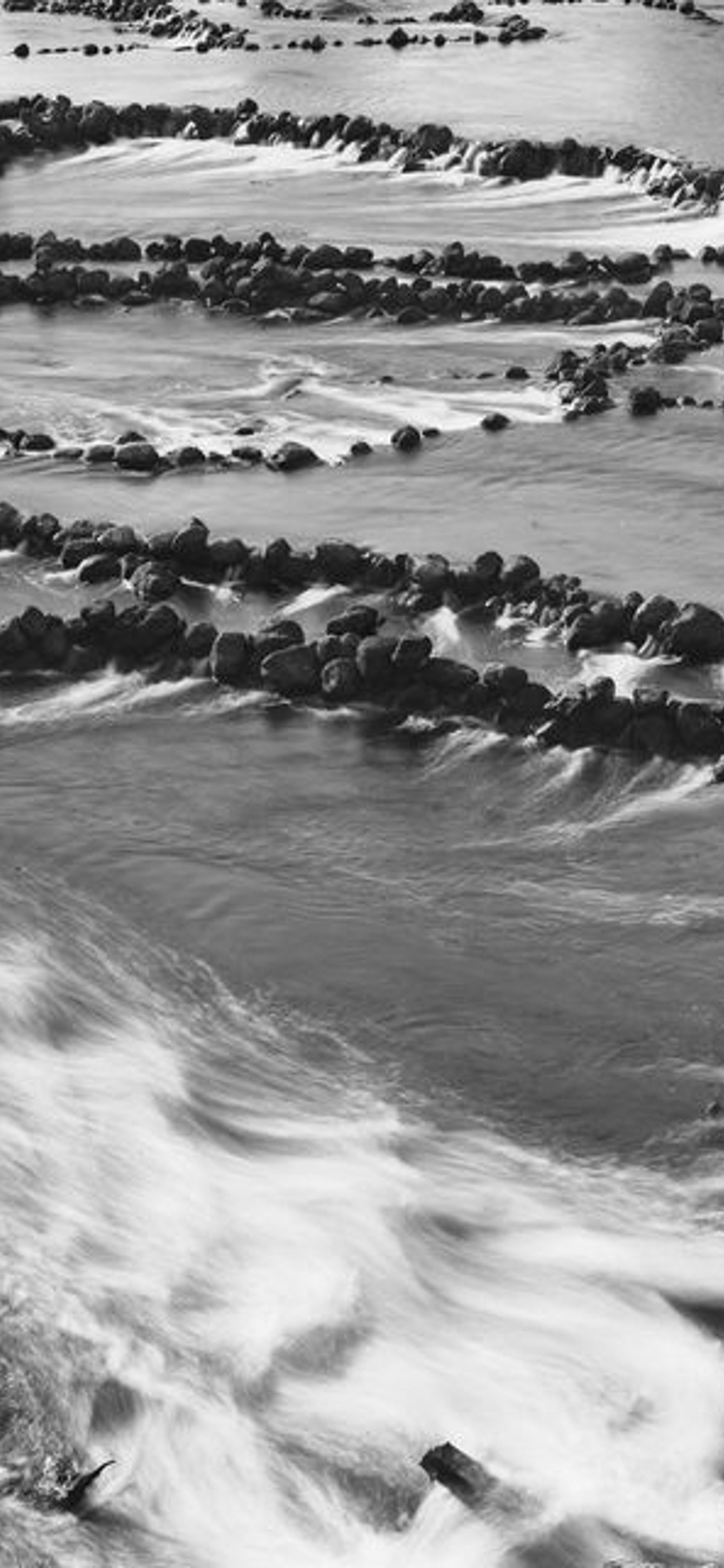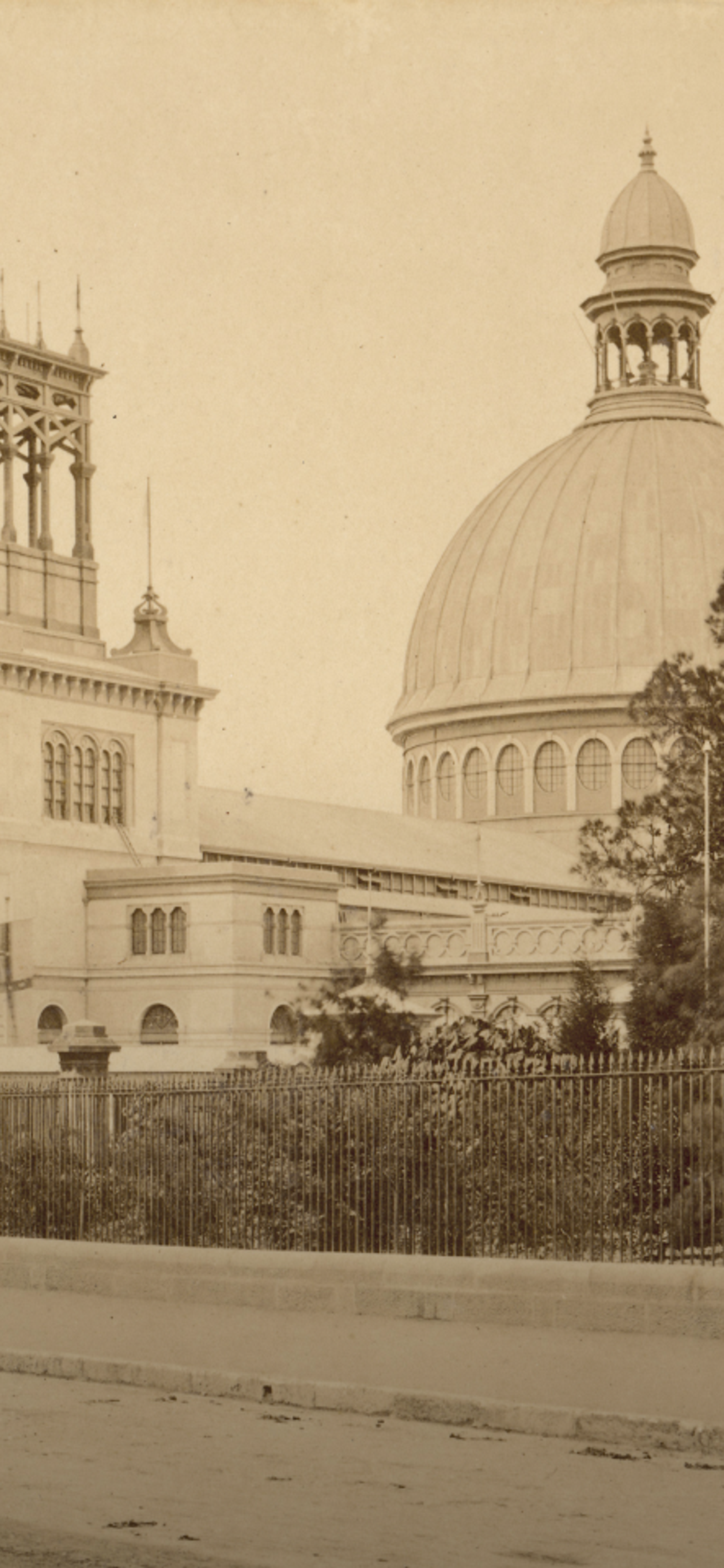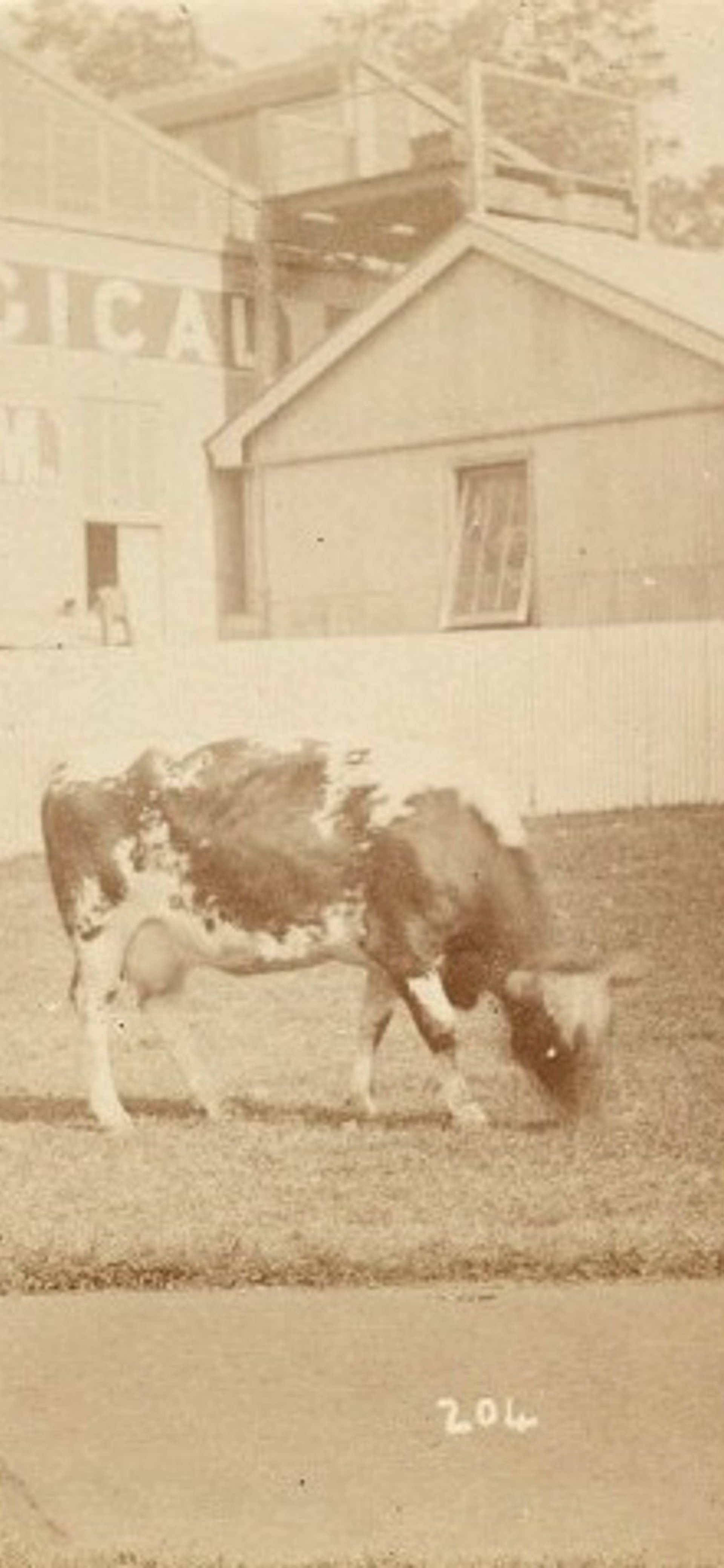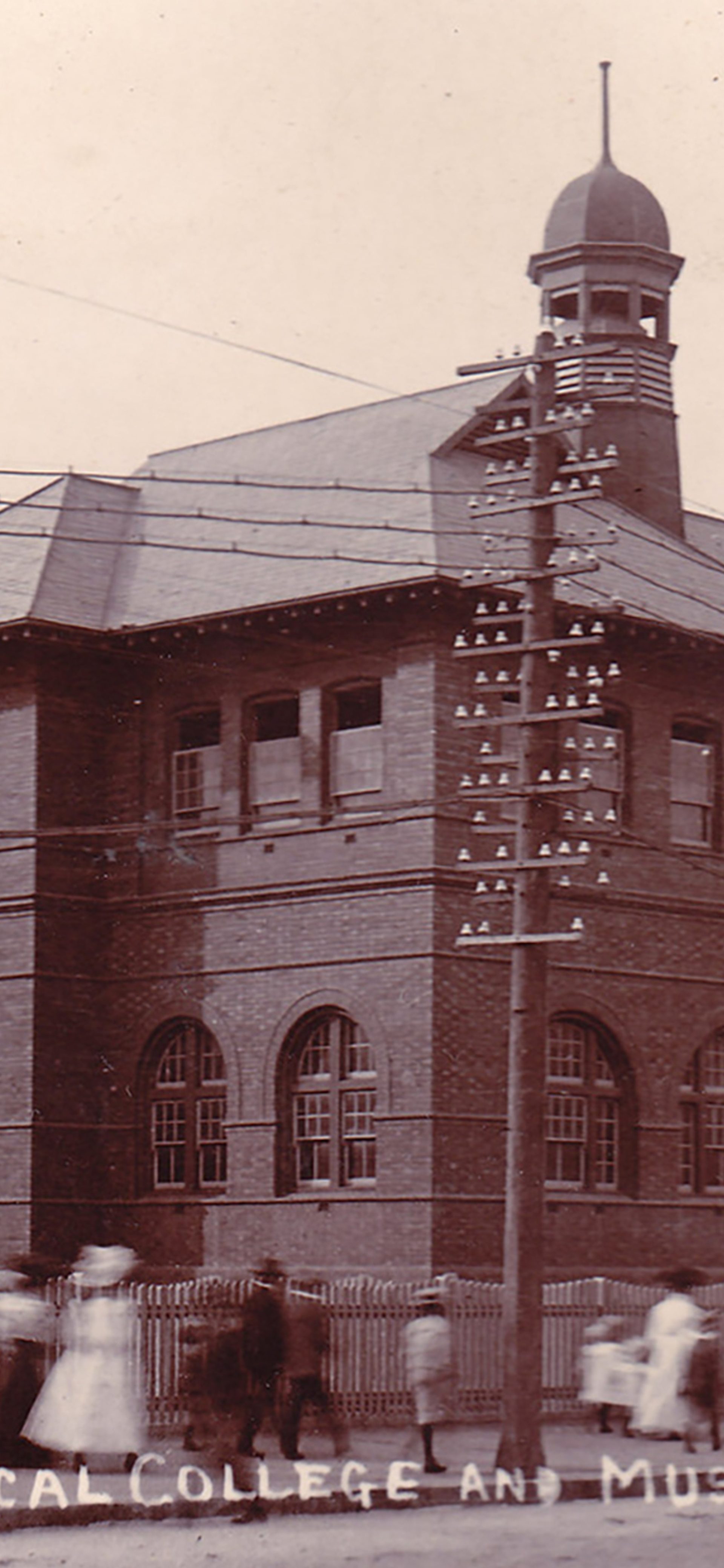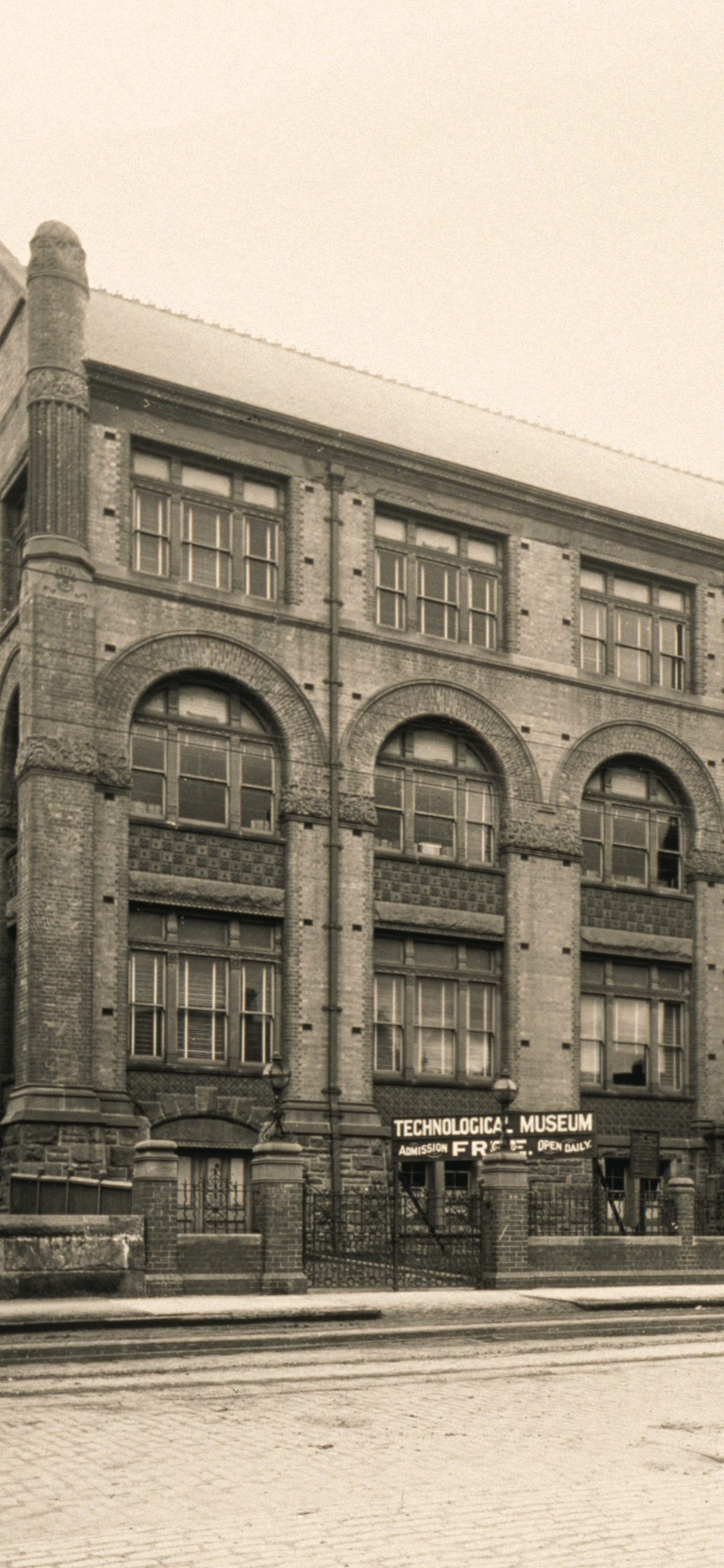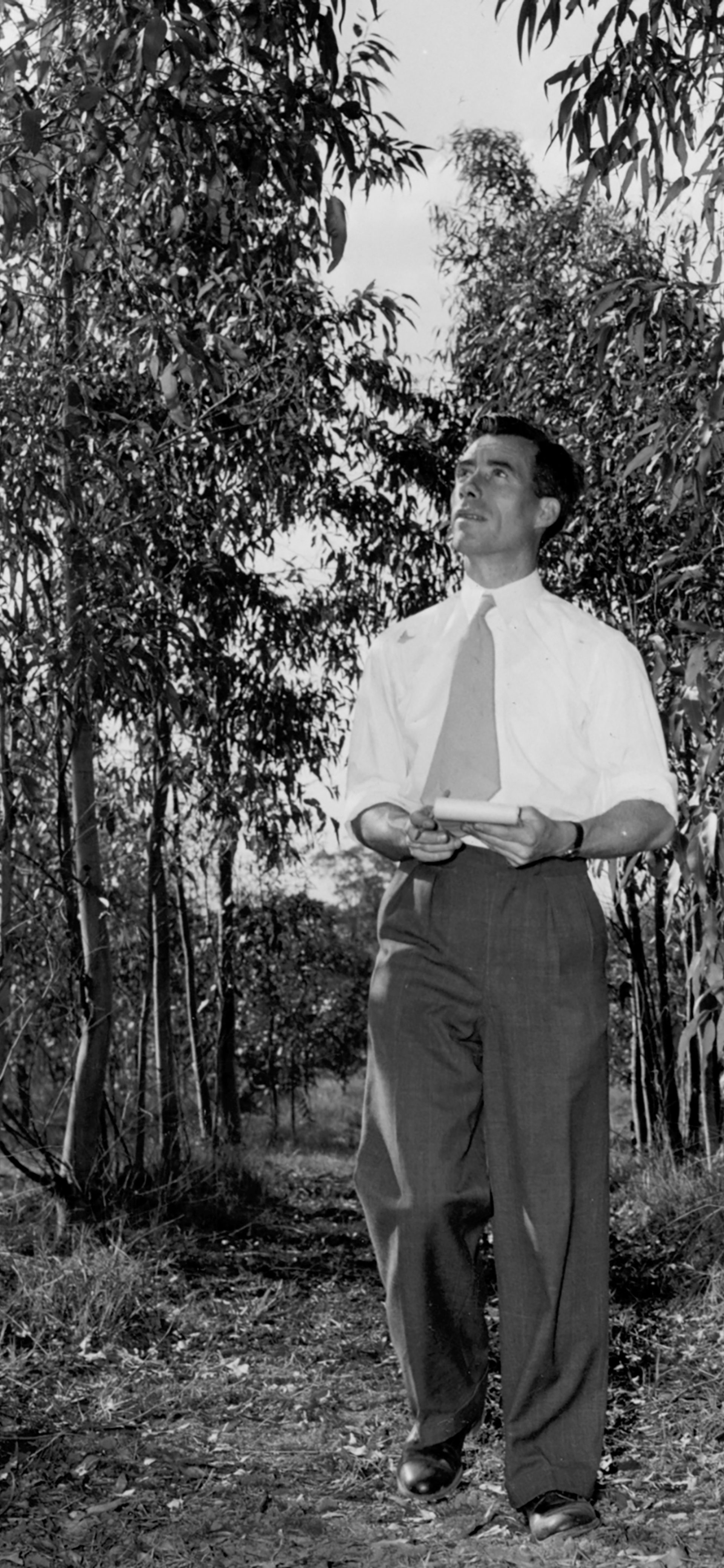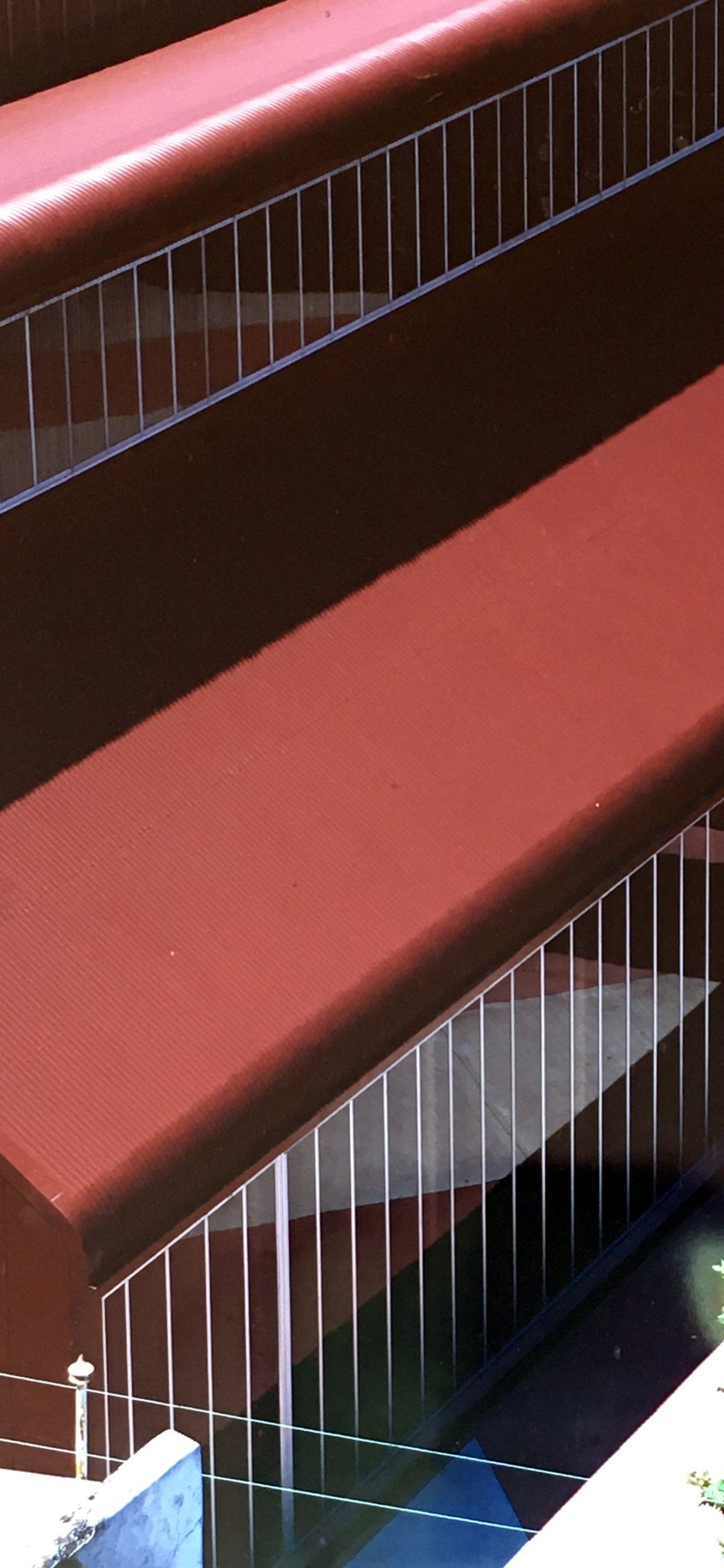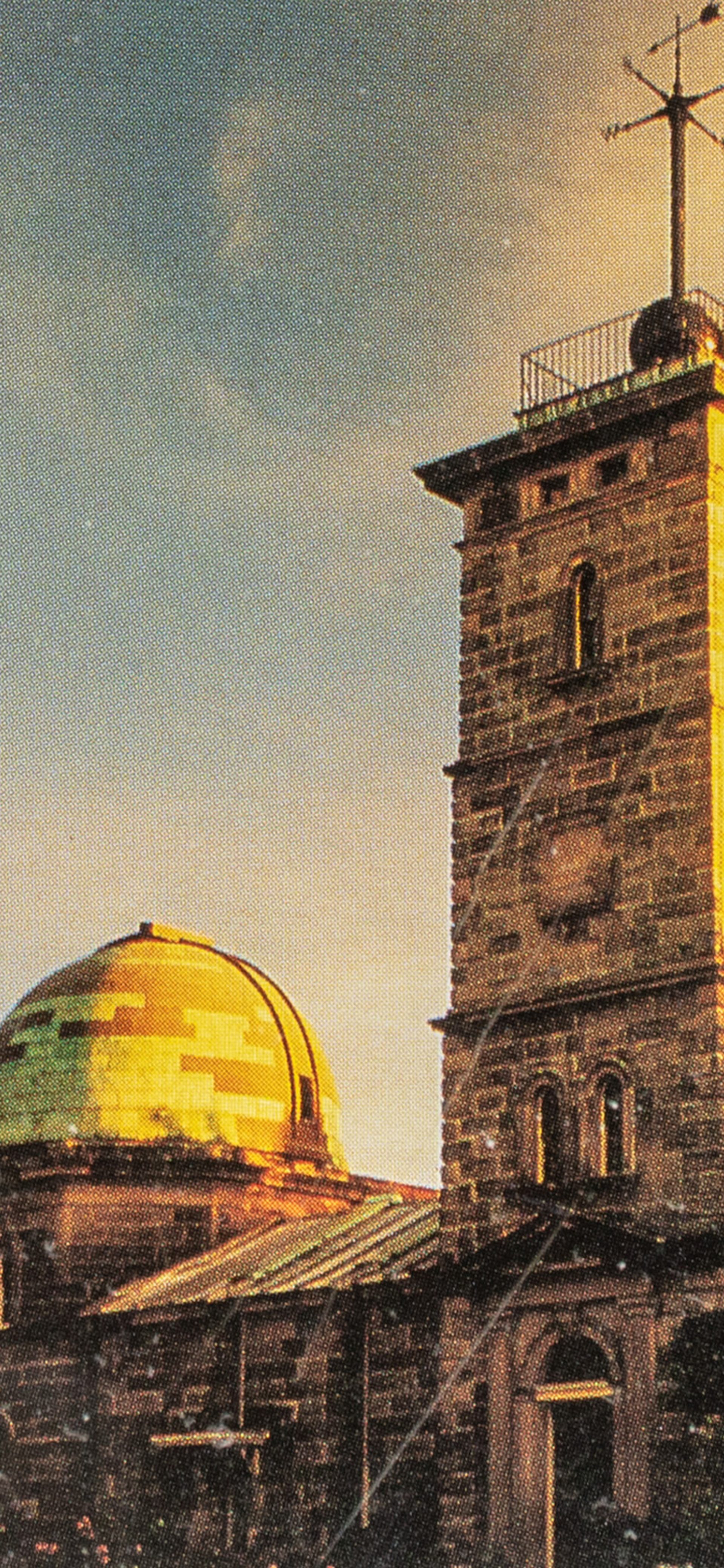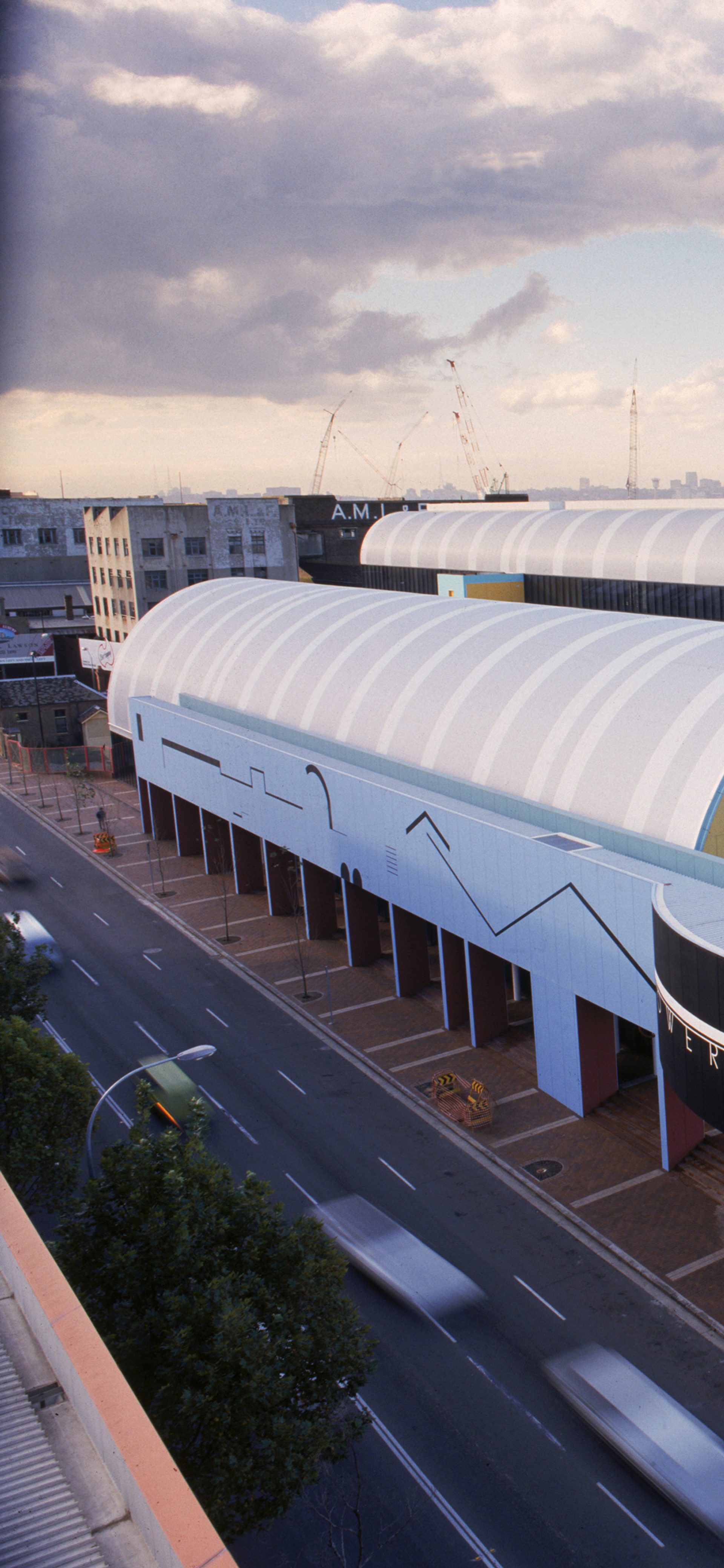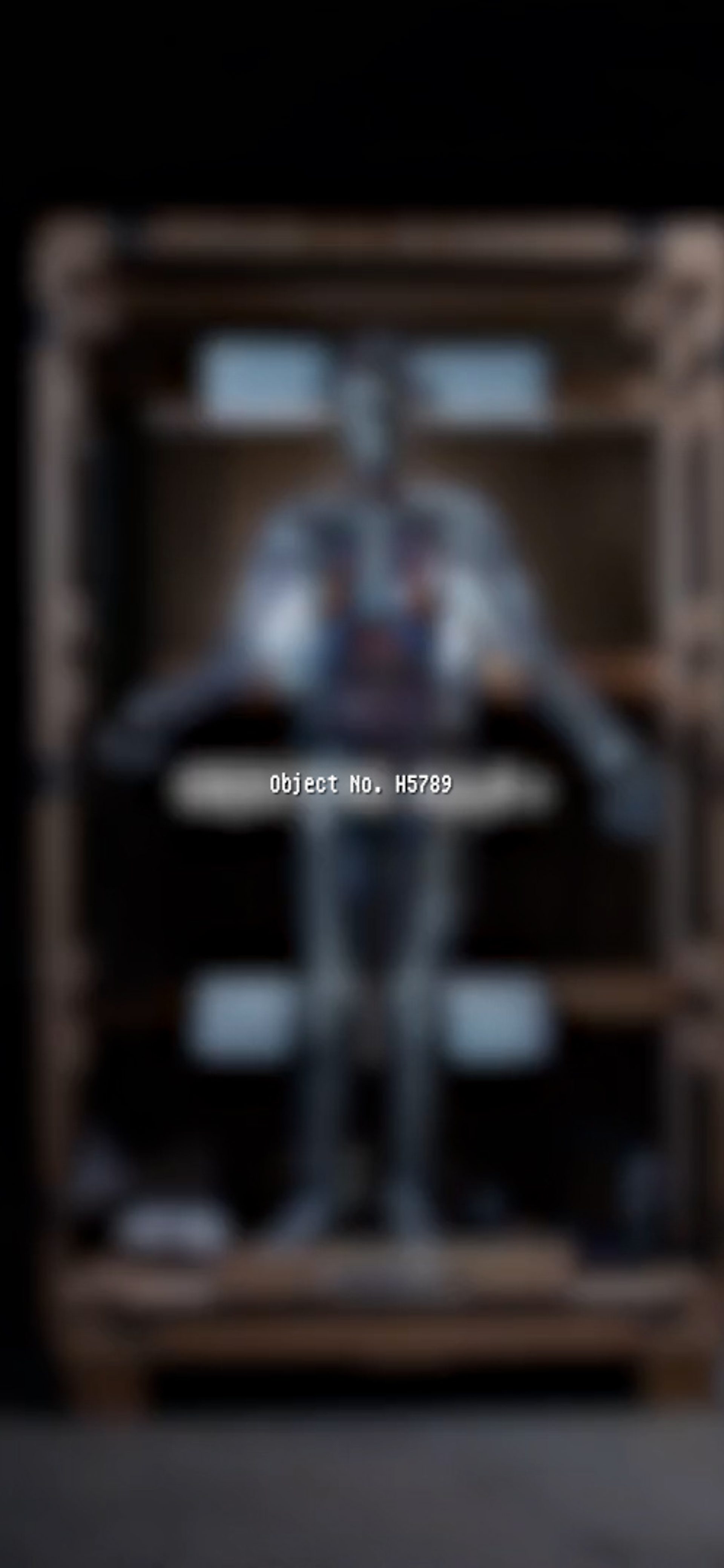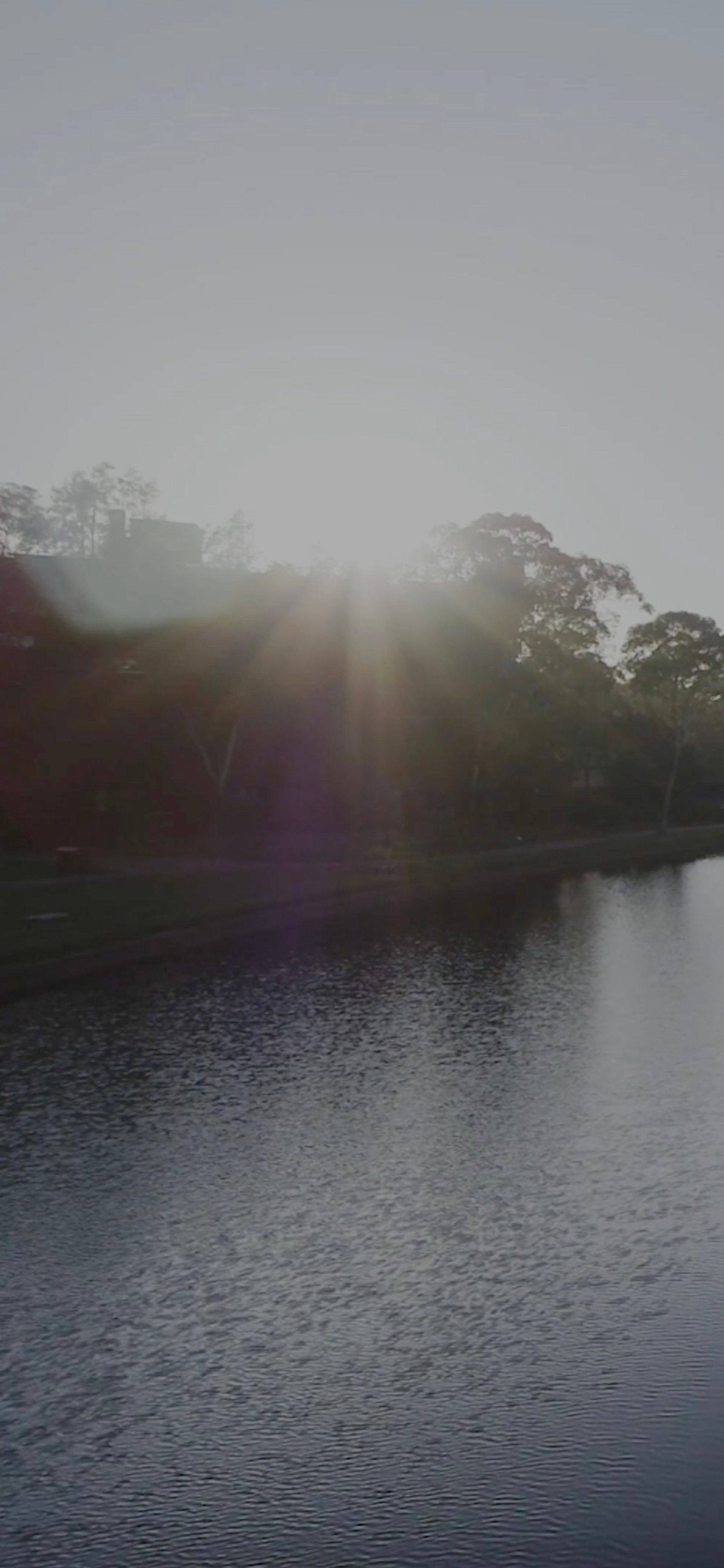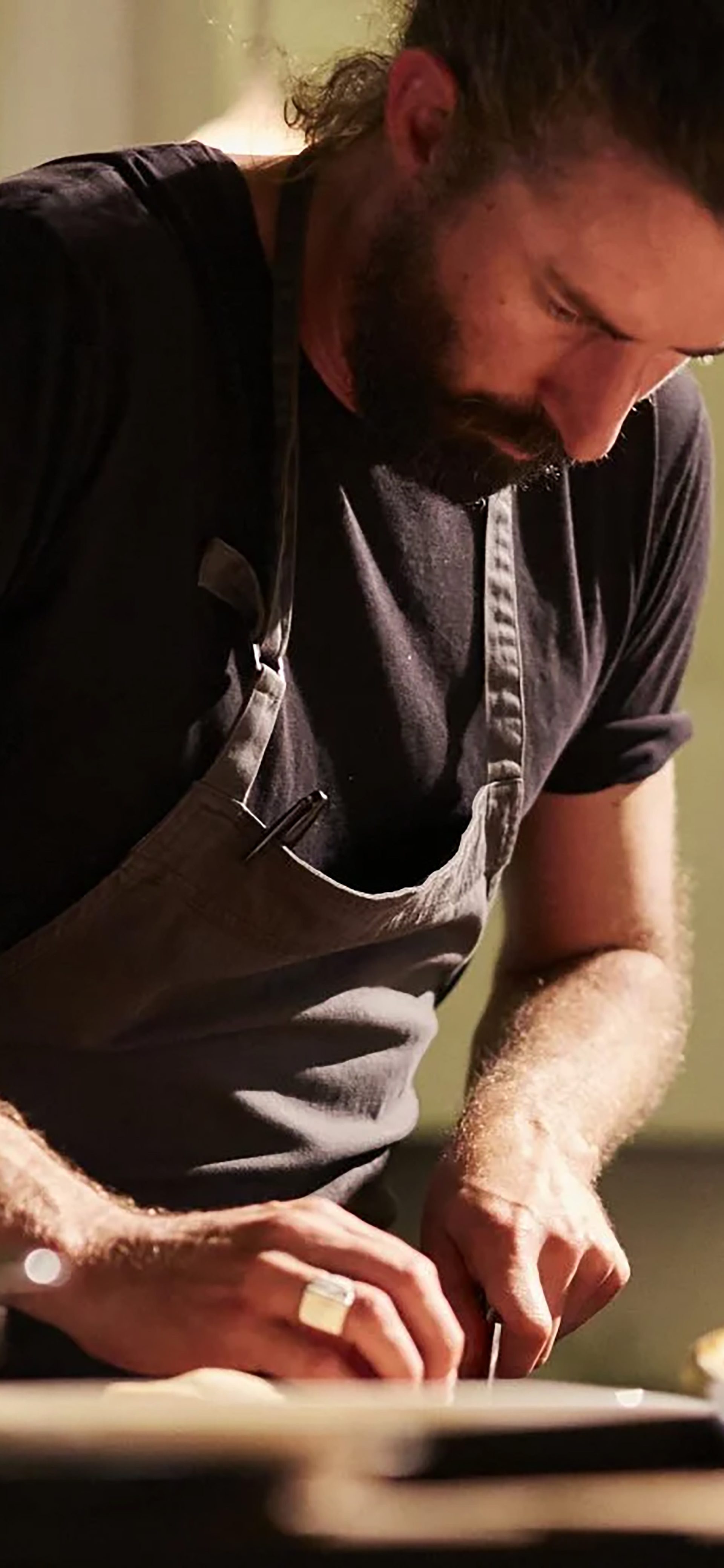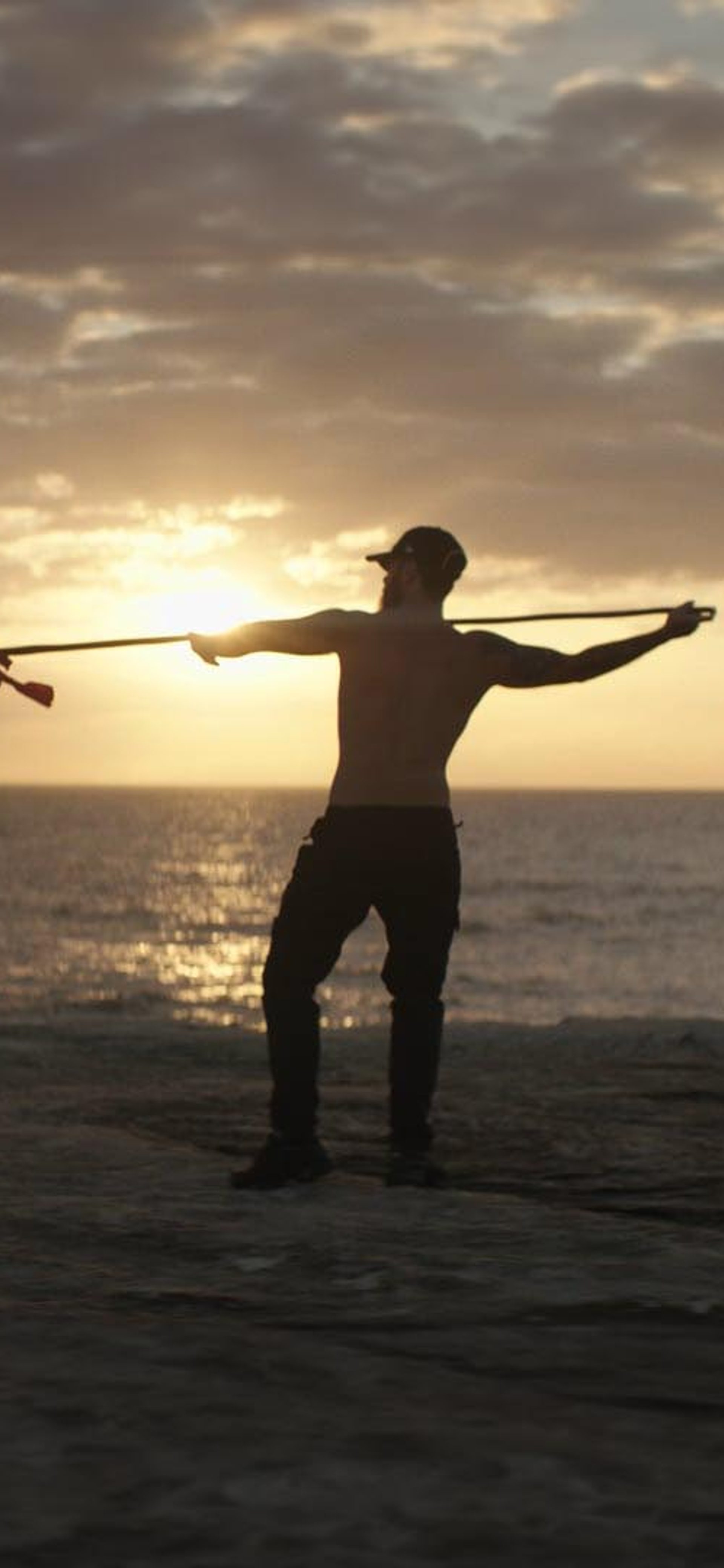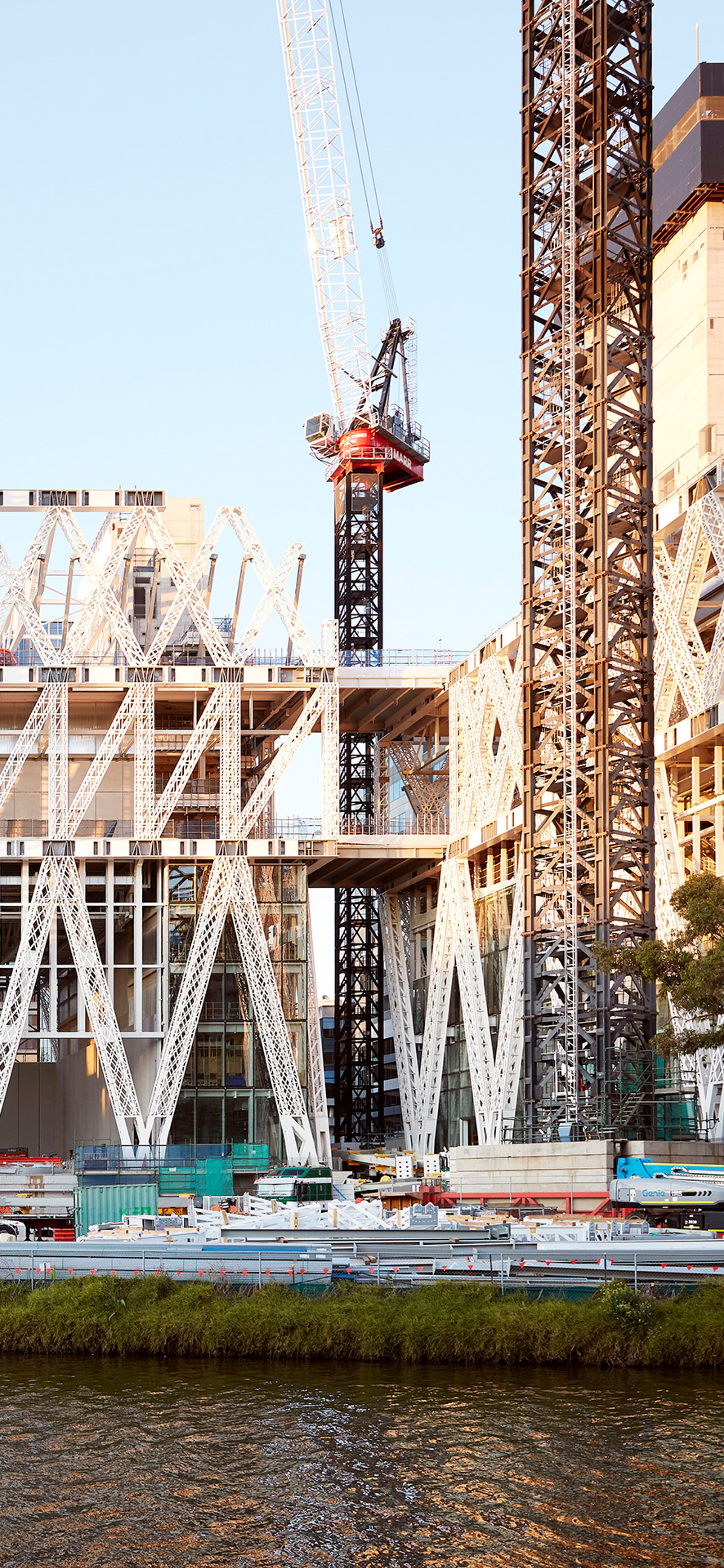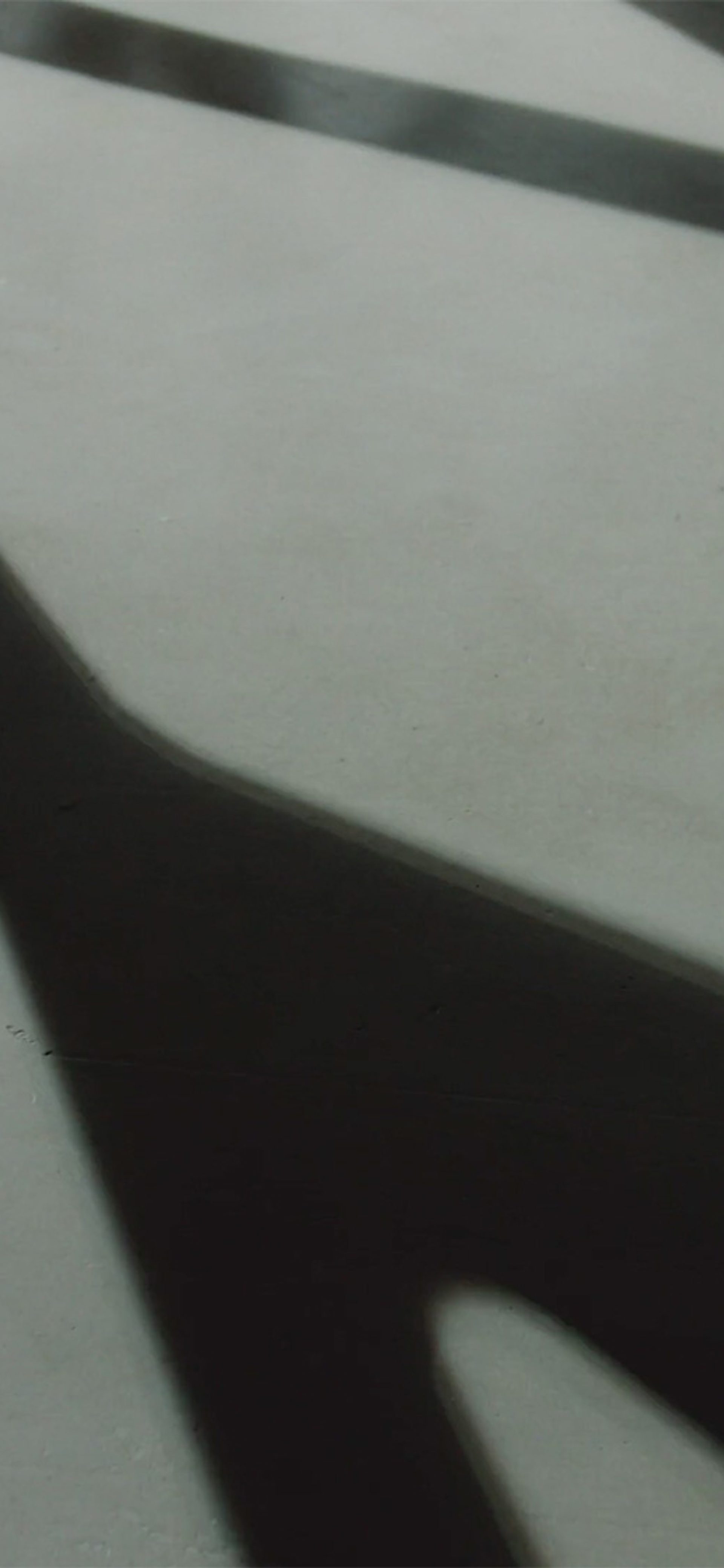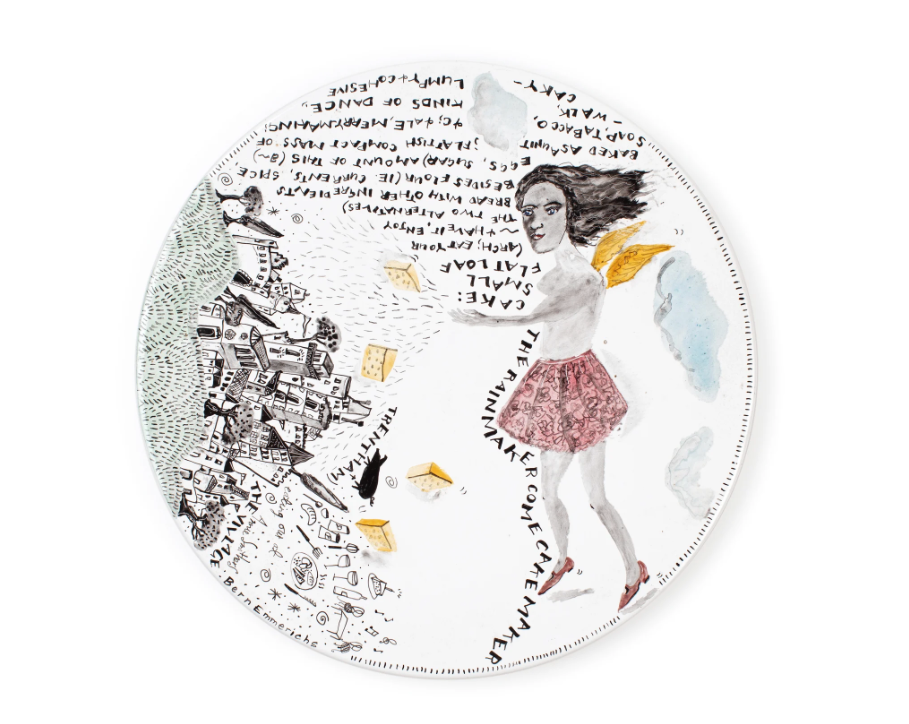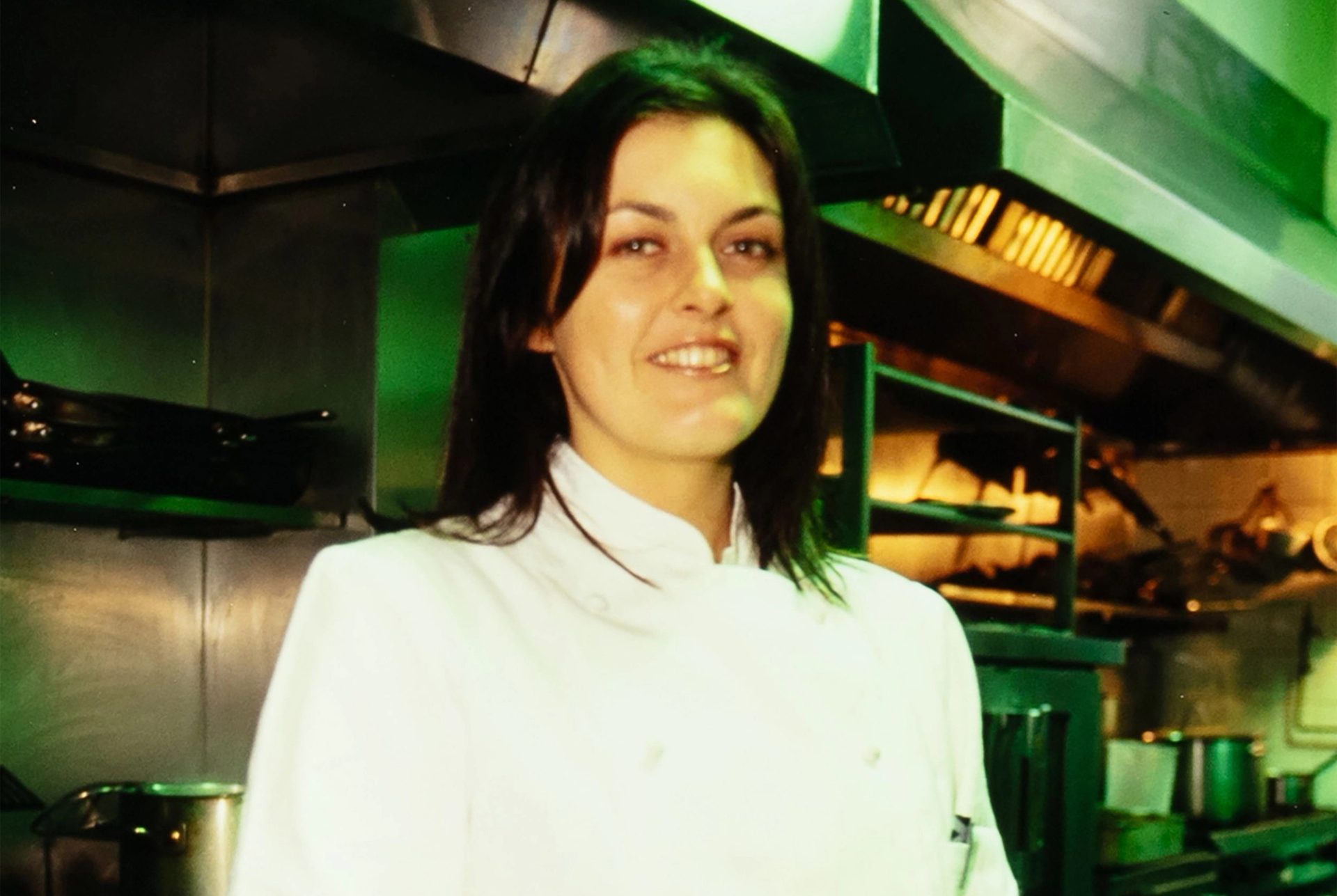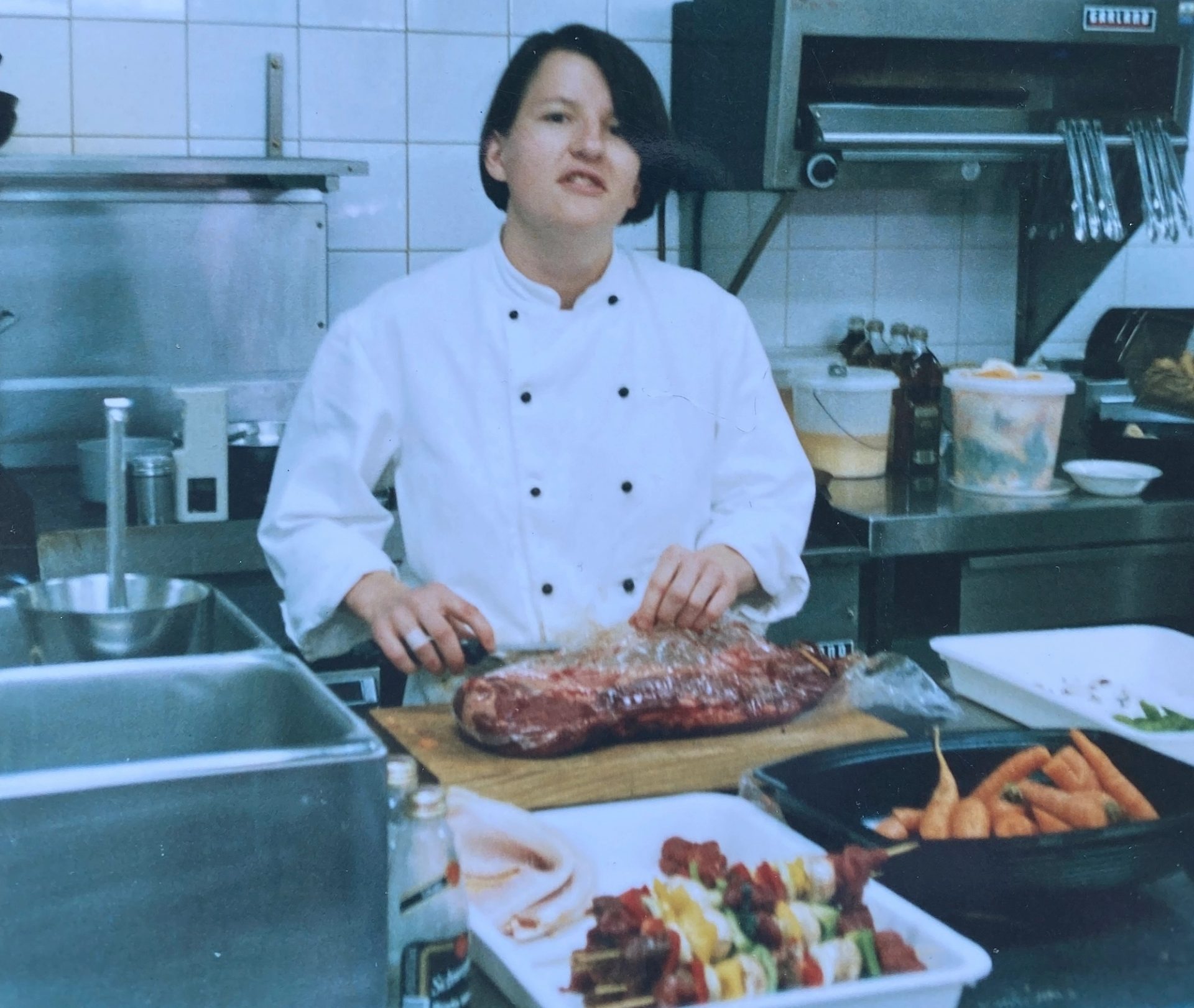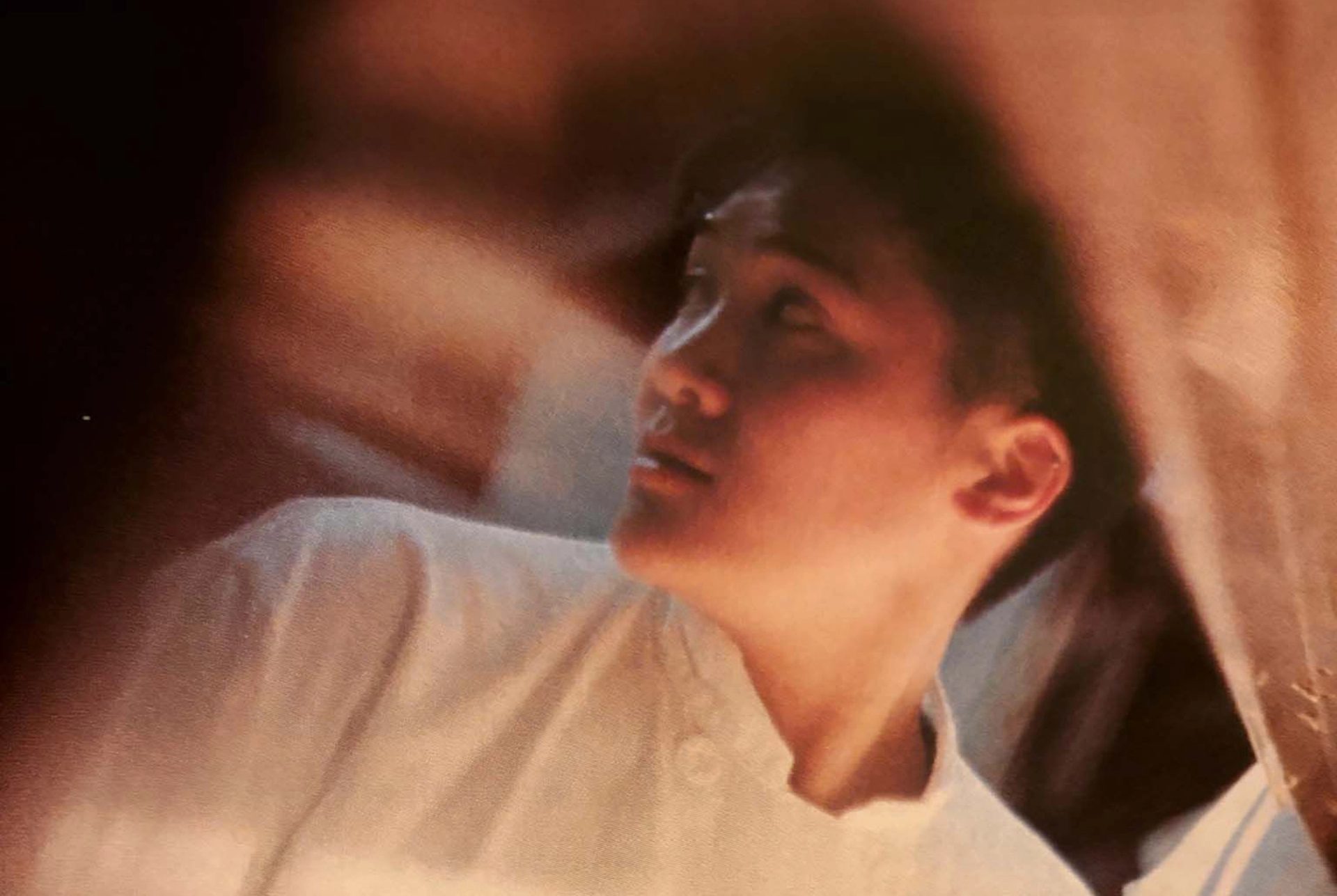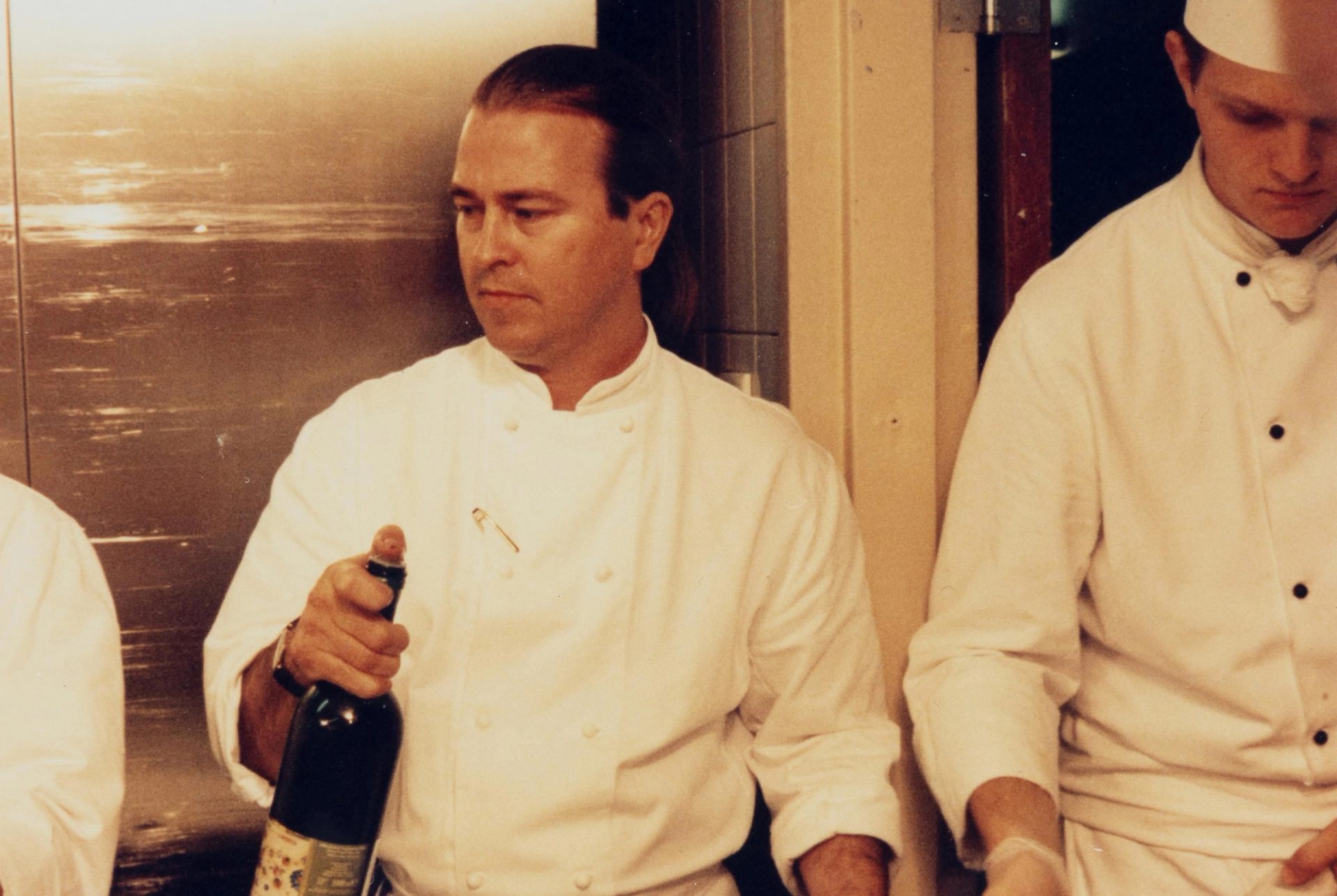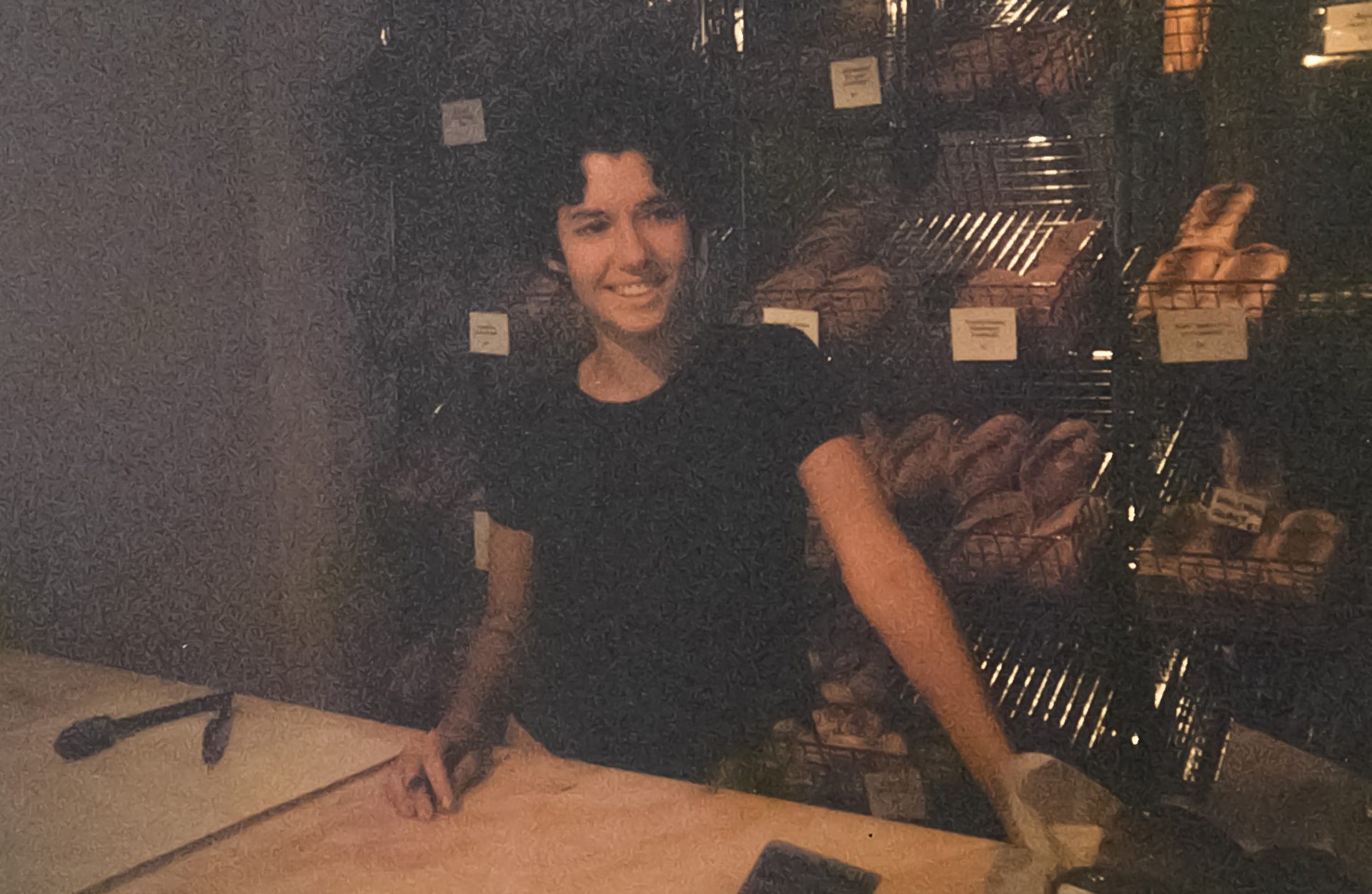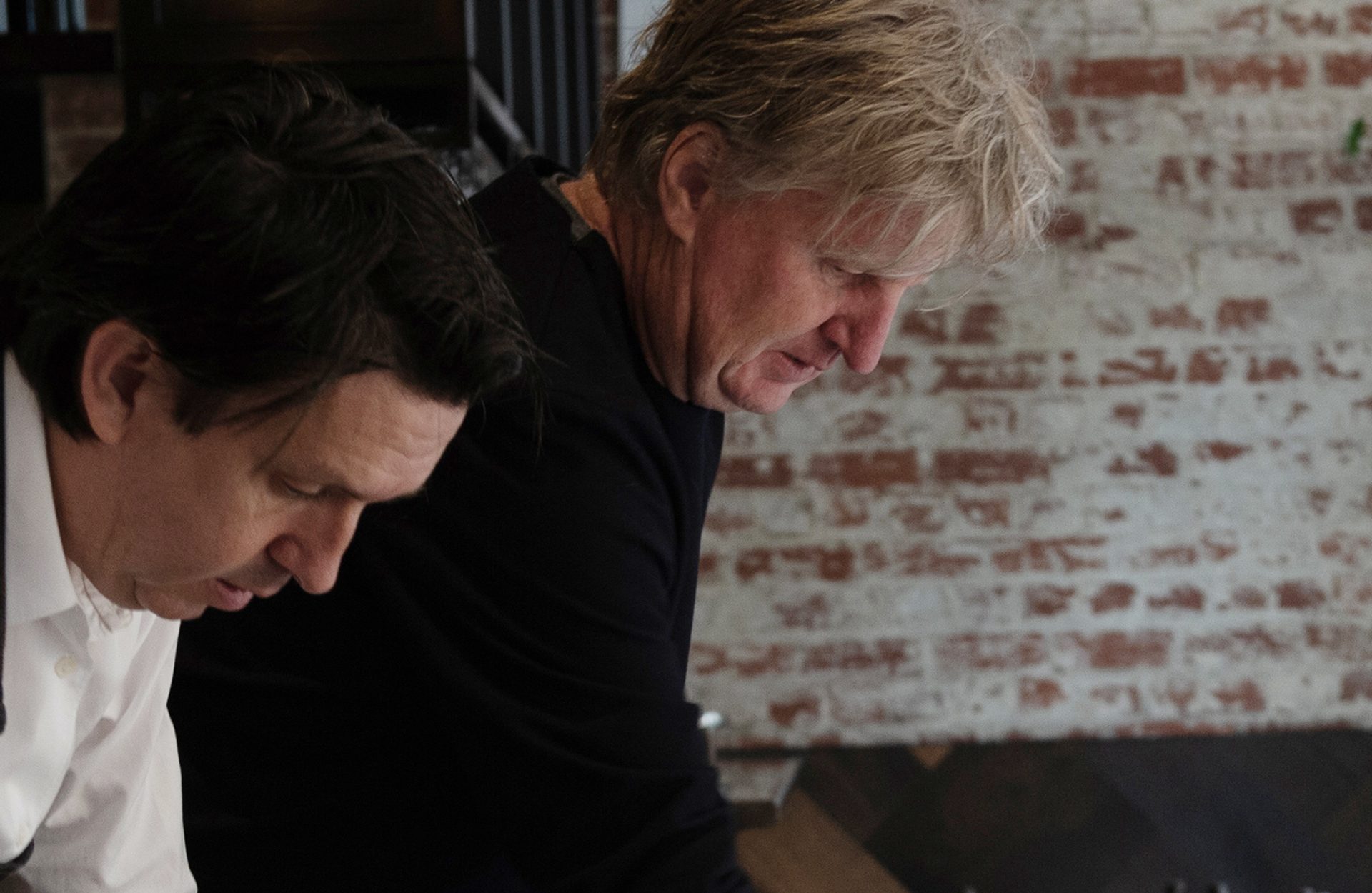JG You use fire a lot, don’t you?
DM Same thing, I guess, the elements. I’ve always been fairly heavily involved in the arts and did a dinner which was celebrating a piece that was commissioned for Richard Tognetti on Bruny Island. All I took was a knife. We shot wallaby, we got abalone and native oysters. I didn’t bring salt, so was brining the wallaby in the ocean and cooking things in seawater. It was all very spare, using different types of saps, really interesting resins and things to experiment with chasing flavour. And the thing with fire is, especially with protein, with smoke, the benefits that come from it, you can’t replicate in anything else. I cook by feel. You can’t write a recipe for a grilled steak. Over fire there’s so many elements at play there.
JG What do you consider to be your signature dish?
DM The most definitive restaurant for me was probably Franklin. And the most loved and obvious dish was whole abalone wrapped in bull kelp and braised in sake in the wood-fired oven, cooked low and slow in this slightly dry but smoky environment. It would then get carved to order and placed back in the shell with a sauce of the liver of the abalone and black pepper. I would serve it with a local buckwheat broth.
JG You write regularly for The Saturday Paper. What do you enjoy about that?
DM That’s actually probably been the best thing for my creative output. I very much try to do recipes that are descriptors of where I am at the time. In Finland, there were blueberries everywhere and that’s where I drew a lot of inspiration. Or it could be sea urchin. It’s more about, okay here’s the ingredients that I have in front of me, how’s the best way for me to deal with this.
JG So, when you go out rogue cooking, if you could take five ingredients, what would they be?
DM White onion, because you can have it raw as well as cook it. A good vinegar, not too complex. A lot of friends that are winemakers have vinegars that I’ll access. The difference is unbelievable, as opposed to a dead vinegar that’s been sitting in a pantry. Good olive oil and fish sauce. And complex dried chilli like a poblano, a kind of ancho chilli; the ones that are smoky, bring complex flavours.
JG What’s on the menu for those friends tonight?
DM Mediterranean cuisine has really got me again. Broad beans, kohlrabi. Funnily enough, a white onion. Same old dog, same old tricks. And beautiful bigeye tuna from Mooloolaba, grilled very simply, with salad, and a little bit of fresh oregano out of the garden.
DM It’s a blend from a producer out of the Loire, his name’s François Dhumes. Triplettes – pretty funky, that wine. And a Greek wine, a white varietal, Tetramythos Roditis Nature. I’m a proponent of the natural wine scene. I still love faulty wines. I can’t stand mousiness. If it’s too high in volatile acid, it’s disgusting. But if there’s a bit of funk in there, I’m all about it, as long as it’s in balance, being about finding excellence not by finding fault but celebrating the expression.
JG Are they getting any dessert?
DM No, I am the worst. I just can’t love desserts. Every restaurant I’ve done, I’ve only ever had two desserts maximum.
DM Cheese, absolutely. That’s a conversation continuance. I find dessert just stops everything.
JG If you included a couple of cheeses, what would they be?
DM Holy Goat all day. The Luna is exceptional. And a really excellent Comté that I’ve been getting from Bottle & Hoop, in Brunswick Heads.
JG If I had to make a heading for this interview, I would call you the roving chef.
DM Yeah, that’s about right. Although look out, I think I might be settling down. I’ve bought a lease on a cafe in New Brighton [in northern New South Wales] on a river overlooking mangroves. It’s very, very humble, a quaint little seaside village cafe – seven days, coffee and cake and lunches. Really pared back to grilled fish and cooking a whole crab. It’s just like life idealism right there. I don’t want a restaurant where somebody comes in and picks up the plate and looks where it’s made. Just come as you are and do as you please. But by the same token, I’m going to have some kick-arse stuff in there but in a really understated way.

